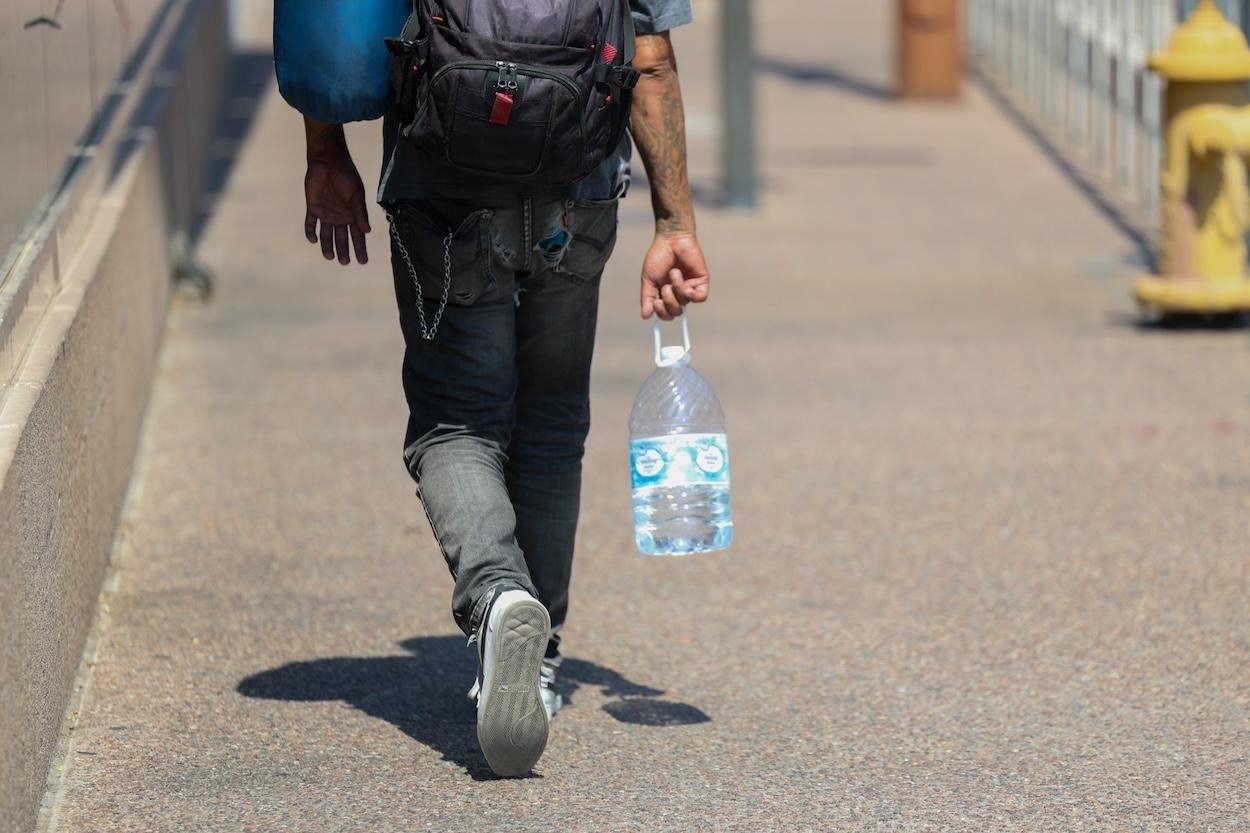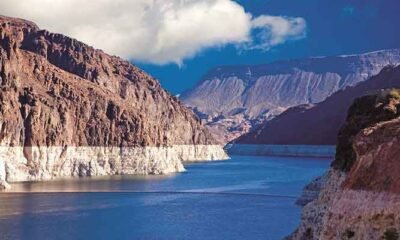Business
Arizona Voters Alarmed by Climate Change as Harris & Trump Back Fossil Fuels

As Arizona grapples with the escalating impacts of climate change, including rising temperatures, increased wildfires, and reduced rainfall, many voters are prioritizing climate action in the upcoming presidential election. The contrasting approaches of Vice President Kamala Harris and former President Donald Trump towards these threats have become a point of significant concern.
Experts, like Vernon Morris from Arizona State University, emphasize that climate change is affecting various facets of Arizonans’ lives, from air quality to property safety. “Heat records are soaring, while we see diminished rainfall and rampant wildfires,” he noted, highlighting the cascading effects on health, housing, and energy costs.
A recent report from the Intergovernmental Panel on Climate Change underscores the urgency of addressing climate issues, warning of the rapidly closing window for securing a sustainable future. According to the report, government intervention is crucial for achieving climate-resilient development.
Polling data from late August reveals that 64% of Arizona voters consider climate change an important factor in their voting decisions. This statistic demonstrates the weight of climate action in a swing state like Arizona, where voter influence can dictate election outcomes.
Regarding their climate policies, the two candidates diverge sharply. Trump’s campaign lacks explicit mention of climate change but emphasizes fossil-fuel production. His platform vows to lift restrictions on American energy production while denouncing proposals like the Green New Deal.
In contrast, Harris has articulated a commitment to fighting climate challenges through investment in clean energy. Her campaign prioritizes the reduction of air and water pollution, alongside the creation of clean energy jobs, which contrasts with Trump’s pro-fossil fuel agenda.
“I will not ban fracking,” Harris stated during a recent debate, affirming her administration’s balance between increasing gas production and investing in a clean energy economy. While her administration touted significant investments in renewable energy, activists call for a more robust commitment to bold climate policy.
Katharine Jacobs, Director of the Center for Climate Adaptation Science and Solutions at the University of Arizona, highlighted the necessity for a gradual transition from fossil fuels toward renewables. “Complete elimination of fossil fuels is not feasible right now. We must accelerate our adoption of renewable sources,” she explained.
Supporters of a stronger climate agenda are urging Harris to reaffirm her commitment to the Green New Deal, a key piece of climate legislation that has garnered substantial grassroots support. Activists argue that without renewed focus, vital opportunities for action may be lost.
The climate stakes are undeniably high for Arizonans as they prepare to head to the polls in November, with the potential to shape policies that will ultimately determine the state’s climate future.


















